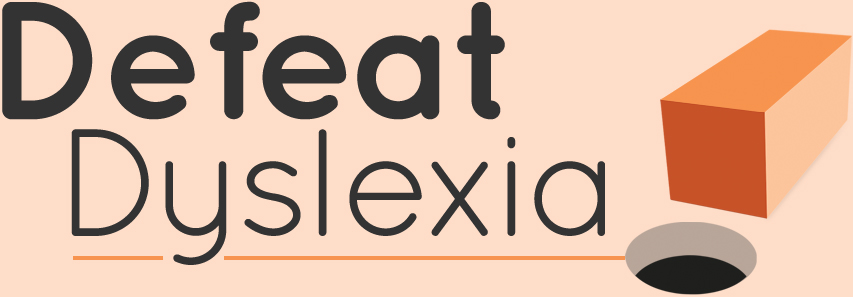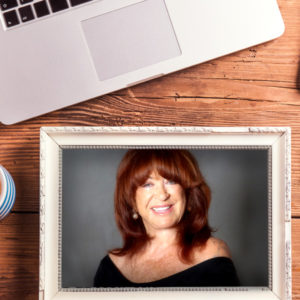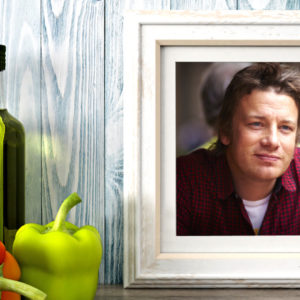Richard Branson (or, rather, Sir Richard Branson) is worth a trifling £3billion, thanks to his many Virgin Group business ventures. He’s also one of the most high-profile dyslexics in the world, having spoken candidly about how dyslexia has helped (not hindered) his intergalactic career.
“The headmaster told me that I would either end up in prison or become a millionaire”
At school, Richard didn’t have an easy time of it. His dyslexia was undiagnosed and his teachers simply thought he was “lazy and not very clever”. This led him to leave school at 16. However, he didn’t rest on his laurels. As a teenager, he started his first business: a magazine called Student, which quickly became a profitable enterprise.
“On one of my last days at school, the headmaster told me that I would either end up in prison or become a millionaire,” Richard reflects.
Guess which prediction came true? The Virgin Group now holds more than 200 companies, spanning a huge range of industries, including music, travel and telecoms. This has made Richard the seventh richest citizen of the UK.
Words of wisdom
What does Richard have to say to his fellow dyslexics?
Don’t feel inferior
“If you are dyslexic, it is important that you do not allow yourself to feel inferior just because you can’t spell every word in the dictionary. Vary your activities and interests, so that you can uncover your strengths.”
Become a delegator
“If you have a learning disability, you become a very good delegator. Because you know what your weaknesses are and you know what your strengths are, and you make sure that you find great people to step in and deal with your weaknesses.”
(No, kids, this doesn’t mean you can “delegate” your homework to your brother! Nice try, though…)
Find what you’re exceptional at
“Not being exceptional academically does not mean that you cannot be exceptional.
“Do what you’re good at and perhaps delegate the rest. You will be exceptional at something… and enjoy what you’re exceptional at.”
 Don’t let your ideas get away
Don’t let your ideas get away
Even as a child, Richard found he had trouble remembering things, so he learned to jot down his thoughts. He still carries a notebook with him everywhere he goes, and uses his notes as a business aid. He’s even submitted his notebooks as evidence in lawsuits!
Maths is easier in practice than in theory
Many dyslexic children find abstract maths tests almost impossible, but it becomes much easier in real-life. Richard feels the same way…
“If I was calculating how much a Christmas tree would grow, or how many budgies would breed, the numbers then became real and I enjoyed using them. Inside the classroom, I was still a complete dunce at maths.”
Be brave
“Be brave enough to accept that you are different. You must have the courage to trust your instincts and be ready to question what other people don’t. If you do that, you can seize opportunities that others would miss.”
Be confident
“Believe in yourself, and use everything you can – including the obstacles – to propel you along the road to success. Who knows what you might achieve?”
Further reading
Entrepreneur | Richard Branson on Turning a Disadvantage to Your Advantage
Washington Post | Richard Branson and the dyslexia advantage






Famous Dyslexics: Jamie Oliver (chef, campaigner) - Defeat Dyslexia
[…] people who I admire and love, who get me going, Richard Branson, Paul Smith, they’re all […]